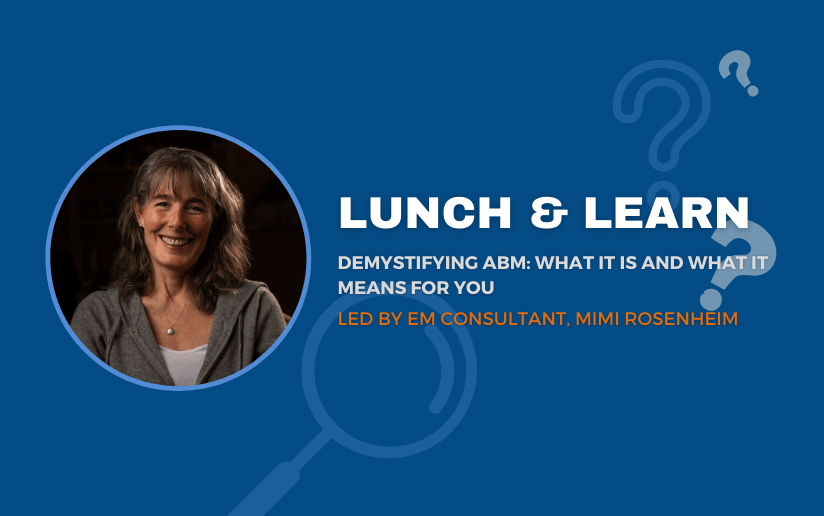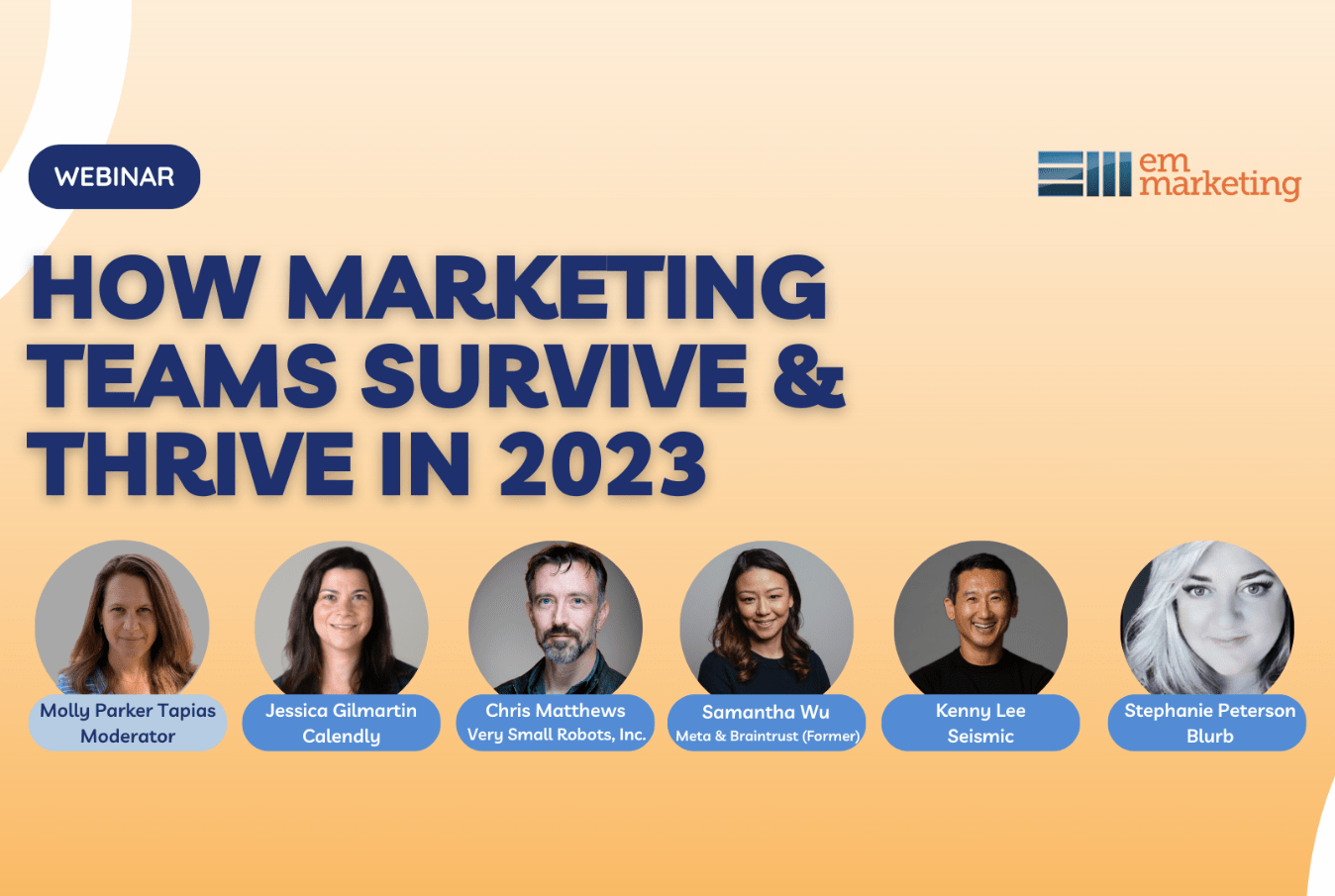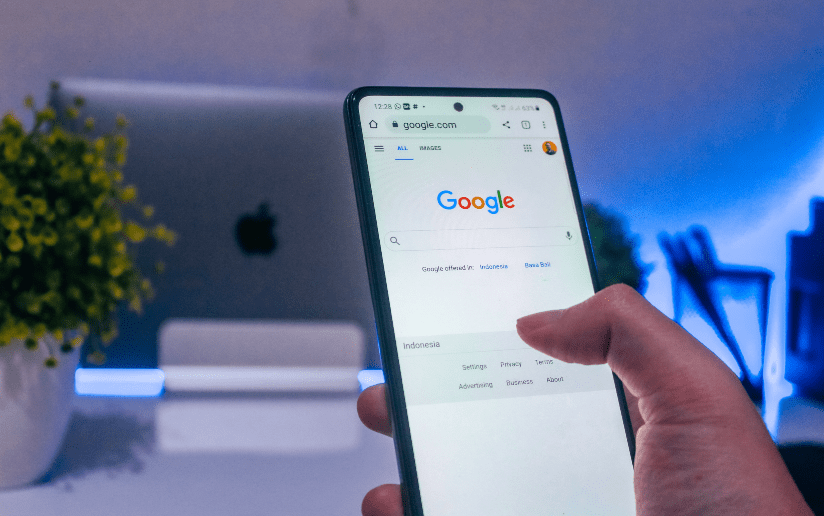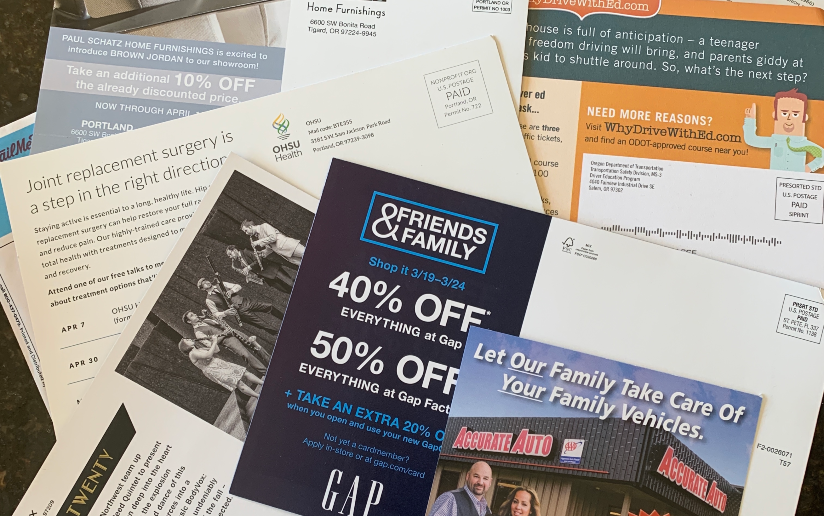
SEO: What Is It and Should You Do It?
Let’s go ahead and answer the second question first, “Should I be doing SEO?” This is the question I get as I typically am doing inbound and or content marketing as part of a company’s larger campaign strategy.
The answer is: If you have a website, yes. You should and must.
(Related and very relevant question: How do you use SEO to get your website found? Check out this great article from EM’s resident Webmistress. Do these three things and you’re in great shape.)
Now, What Is SEO?
Here’s the thinking from a few people much smarter than me.
First: Dan Gehant, the humble, performance marketing expert behind Copper Insights
SEO is more about building trust and establishing relationships online than about isolated, technical jargon and code. Covering technical SEO fundamentals will help on the margin, but the biggest success stories are almost always fueled by people who meaningfully connect with their audiences.
- More impactful SEO strategies start with discovery first. For example, exploring these four universal areas helps crystallize distinct advantages/opportunities:
- Personality
- Passion
- Skills
-
- Relationships
- Good old fashioned keyword research helps guide how and where you connect with search users
- Shortcuts will always cost you in the long run. SEO is very unforgiving in this regard.
- Executing on-site SEO fundamentals is required and helps remove friction along the way. For example, review & maintain Titles, H1 tags, and meta descriptions for all your pages. It’s like changing the oil in your car — it keeps things running smoothly and requires upkeep.
Next Up: Karen Atkinson from Mediaholix
Search engines want to do their jobs — referring users to websites and content that is the most relevant to what the user is looking for.
How is relevancy determined?
- Content. Is determined by the theme that is being given, the text on the page, and the titles and descriptions that are given.
- Performance. How fast is your site and does it work properly?
- Authority. Does your site have good enough content to link to or do other authoritative sites use your website as a reference or cite the information that’s available?
- User Experience. How does the site look? Is it easy to navigate around? Does it look safe? Does it have a high bounce rate?
What search engines are not looking for:
Search engine spiders only have a certain amount of data storage, so if you’re performing shady tactics or trying to trick them, chances are you’re going to hurt yourself in the long run. Items the search engines don’t want include:
- Keyword Stuffing. Overuse of keywords on your pages.
- Purchased Links. Buying links will get you nowhere when it comes to SEO, so be warned.
- Poor User Experience. Make it easy for the user to get around. Too many ads and making it too difficult for people to find content will only increase your bounce rate. If you know your bounce rate, it will help determine other information about your site. For example, if it’s 80 percent or higher and you have content on your website, chances are something is wrong.
Lastly: An Easy to Understand Overview of SEO
Check out the lovely folks at Common Craft, who’ve put it into a clever video to show how it works.
My Takeaway
I was very lucky. I began my foray into digital marketing with Inbound Marketing Certification on Hubspot which includes training on both the philosophy and the implementation of good practice for search engines and readers.
I find SEO serves as a great sanity check on whether what you think is important actually is.
So, on any project I’m working on, I am mindful that we aren’t being hurt by the Seven Deadly Sins of SEO. But I’m more interested in knowing how people talk about the things my program or product has to offer — our “Golden Keywords” as it were.
Then let the Spiders of Search find me!




































